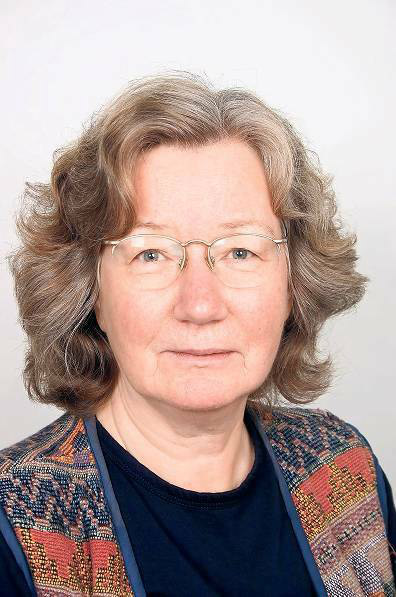Sanctions cause considerable disruption to health care
Countries like Syria and Iran are fighting the corona virus on two fronts
by Karin Leukefeld

(picture ma)
International and private aid organisations promise to help the weakest of the weak and compete on the international donations market. In view of the major challenges, the Secretary-General of the United Nations is calling for a global ceasefire. The UN High Commissioner for Human Rights calls for a easing of sanctions against countries that are heavily struggling with the infectious disease COVID-19.
In a joint letter to the UN Secretary-General António Guterres, the UN ambassadors of Russia, China, North Korea, Iran, Syria, Venezuela and Nicaragua called for the immediate lifting of economic sanctions against their countries: the whole world being affected by the disease, all countries must have the same opportunities to fight the disease and cooperate with each other.
Iran, having suffered from US sanctions since 1979, is particularly affected. With the US withdrawal from the joint nuclear agreement at the beginning of 2018, US President Donald Trump exacerbated the situation. Agreed relaxation of the sanctions did not come into force. Instead, Trump announced that he would “reduce Iran’s oil exports to zero”. According to the US administration, far-reaching financial sanctions, which came into force at the end of 2019, are also to isolate Iran economically.
According to the Ministry of Health in Tehran on 25 March 2020, 2,077 people died of the infectious disease, including 50 doctors. More than 27,000 people are infected with the disease. The World Health Organization (WHO) sent 7,5 tons of medical supplies, including tests and protective clothing for doctors and medical staff.
Syria and Lebanon also suffer from US sanctions. The economies of both countries are closely interlinked, and the economic and financial pressure of US and EU sanctions against Syria – applying in particular to the US dollar and other foreign currency reserves – is also affecting Lebanon.
In Lebanon, the first cases of illness were registered at the beginning of March, and on 15 March the state of emergency and a curfew were imposed. Schools and universities, restaurants and cafés, ports, borders and the country’s only airport were closed. On 25 March 2020, the number of illnesses was reported by the Ministry of Health at 333, six people have died so far. On Thursday, the Lebanese Defence Council, chaired by President Michel Aoun, extended the curfew for another 14 days until 12 April 2020.
Since 2011, in addition to US sanctions, Syria has been subject to a long list of economic sanctions imposed by the European Council. Due to nine years of war and the displacement of millions of people, living conditions are precarious. The health system has been operating at the limit for years and the country lacks well-trained medical personnel. Around 70,000 doctors and specialists have left the country.
Since mid-March, schools and universities, kindergartens, restaurants and cafés have been closed. A night curfew from 6:00pm to 6:00am has been imposed on the population in all provinces of the country. The borders with the neighbouring countries Jordan and Lebanon have been closed, and private and state transport has been suspended, except for essential goods. According to the Ministry of Health, there are five confirmed infections with the coronavirus. In Zabadani, a special hospital has been opened for emergencies, and a quarantine centre is in place at Al Dweir outside Damascus.
In the areas in the north and east of the country that are not controlled by the Syrian government, the “White Helmets” or the Kurdish-led “Syrian Democratic Forces” take care of the health situation. They receive support from the World Health Organization. •
First published in https://www.neues-deutschland.de/artikel/1134788.corona-im-mittleren-osten-corona-achtet-nicht- auf-sanktionen.html on 27 March 2020. Reprinted with kind permission of the author.
(Translation Current Concerns)